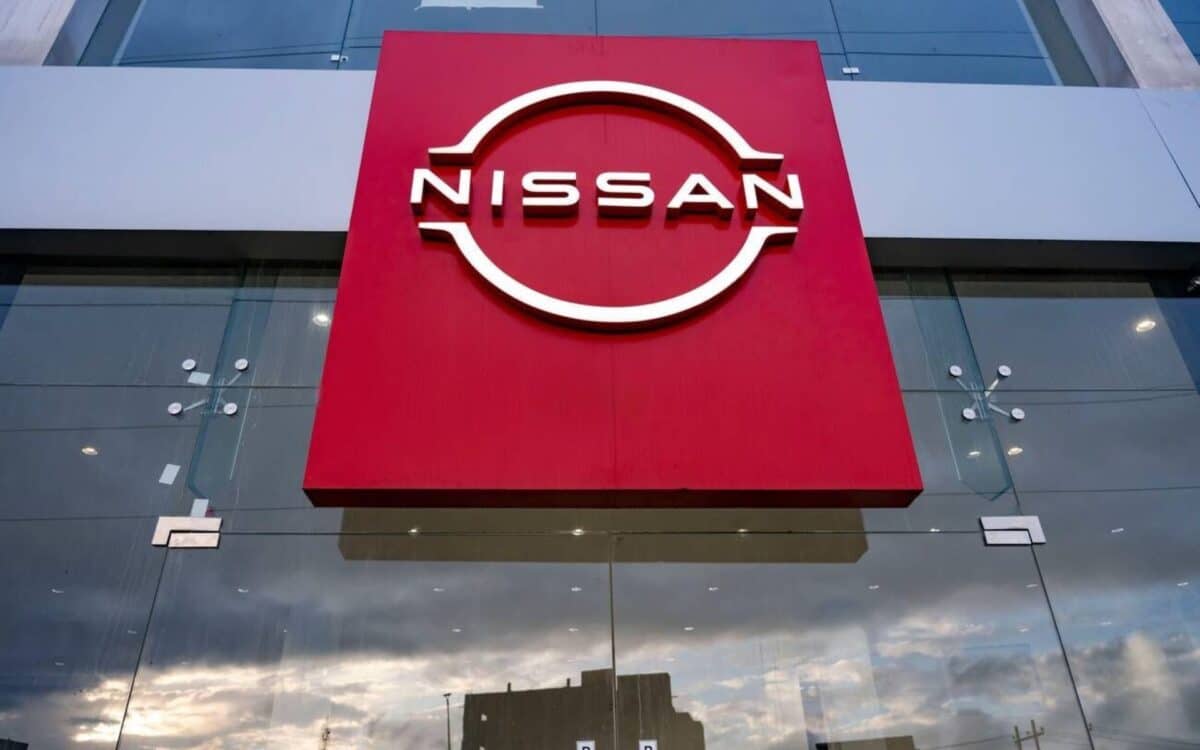The impact of President Trump’s sweeping car tariffs is beginning to unfold. In a recent report, Newsweek highlights that Nissan, a major Japanese car manufacturer, is considering moving part of its production to the U.S. This shift could mark a significant development in the ongoing trade dispute.
As tariffs on imported automobiles take effect, it remains uncertain how this move will affect the global auto industry and whether it will spark broader changes in manufacturing strategies across the sector. The full consequences of these tariffs are still to be seen in the coming months.
Understanding the Tariffs and Their Impact
In an effort to protect the U.S. automobile industry, the White House imposed a 25% tariff on imported vehicles. The tariff officially came into effect on Thursday, marking a significant step in the administration’s trade strategy. The Trump administration argues that these tariffs are essential to counter the harm caused by
Excessive imports threatening America’s domestic industrial base and supply chains,
a statement made by the White House last month. The broader goal is to reduce reliance on foreign-made goods, stimulate domestic manufacturing, and encourage U.S. consumers to buy American-made products.
President Trump himself expressed his optimism about the long-term effects of the tariffs, stating,
Hang tough, it won’t be easy, but the end result will be historic,
Calling the tariffs an “economic revolution.” However, experts have noted that one immediate consequence could be rising car prices for U.S. consumers.
Nissan’s Production Shift: A Step Toward Domestic Manufacturing?
According to the Japanese business newspaper Nikkei, Nissan is considering relocating some of its production of the Rogue SUV to the U.S. The move, which could affect the company’s major factory in Fukuoka, Japan, is a direct response to the tariff policies. This shift could mark one of the first tangible outcomes of the administration’s approach to protecting U.S. industry.
Nissan’s U.S. sales were significant in 2024, with around 920,000 vehicles sold. Of these, approximately 16% were exported from Japan, highlighting the importance of the U.S. market to Nissan.
25% of the Rogue is made in the U.S., while 40% is made in Japan, according to the National Highway Traffic Safety Administration. This shift in production would further integrate U.S. manufacturing into Nissan’s supply chain, in line with the administration’s goals.
The Larger Economic Context
The U.S. automobile market remains robust, with around 16 million vehicles, including cars, SUVs, and light trucks, sold in 2024. Nearly half of these vehicles were imported, reflecting the significant role foreign manufacturers play in the U.S. market.
Approximately 1 million people are employed in the U.S. automobile and parts industries, which are likely to be affected by the ongoing tariff changes. The U.S. auto industry has been an important part of the nation’s economy, and the administration’s strategy aims to strengthen it in the face of rising imports.
The tariffs on imported vehicles and the expected tariffs on vehicle parts could further reshape the landscape of U.S. automobile manufacturing. While the Trump administration has insisted that these measures will ultimately boost the economy, experts caution that consumers may face higher car prices as a result.
What Other Manufacturers Are Saying
The impact of the tariffs is not limited to Nissan. Jaguar Land Rover, a British luxury car manufacturer, announced it was pausing shipments to the U.S. to “develop our mid- to longer-term plans.” This pause signals that other manufacturers are also reassessing their strategies in response to the shifting trade environment and tariffs imposed by the U.S.
Meanwhile, Wesley Hunt, a Republican representative from Texas, voiced his support for the tariffs, asserting that they “will bring automotive manufacturing back to America.”
This sentiment is echoed by the Trump administration, which has emphasized the need for policies that protect U.S. industry and encourage domestic production.









